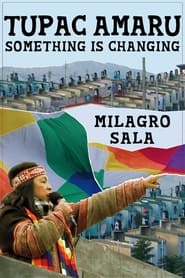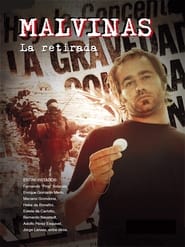detail profile estela de carlotto
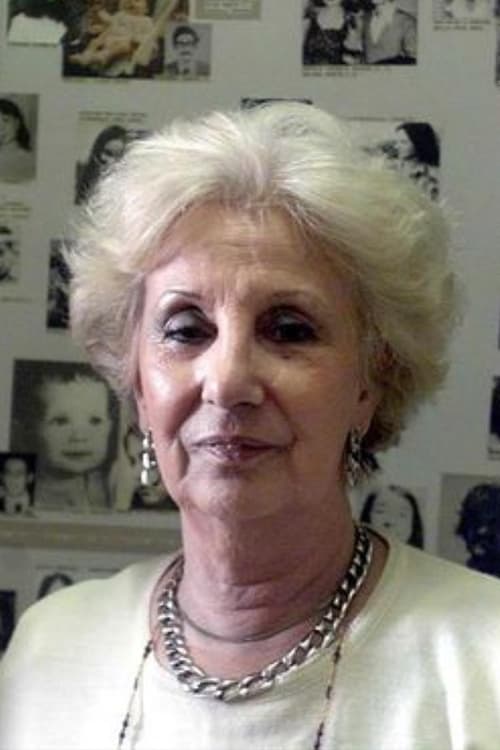
Estela de Carlotto
Enriqueta Estela Barnes de Carlotto
atau dikenal sebagai
Riwayat Hidup
Enriqueta Estela Barnes de Carlotto (Buenos Aires, born 22 October 1930) is an Argentine human rights activist and president of the association of Grandmothers of the Plaza de Mayo.
One of her daughters, Laura Estela Carlotto, was kidnapped and missing while pregnant in Buenos Aires, in late 1977.
Through stories, she could ascertain that her daughter had given birth to a boy, and that her grandson was appropriated and his identity changed.
She searched for him for nearly 36 years, until, on August 5, 2014, after a DNA check voluntarily made by the person concerned, her grandson was identified, and became the 114th in the list of recovered grandchildren.
Carlotto has received several awards for her work with Grandmothers of the Plaza de Mayo (Abuelas de Plaza de Mayo), including the United Nations Prize in the Field of Human Rights and Félix Houphouët-Boigny Peace Prize, awarded by the Unesco.
In 2015, she was listed as one of BBC's 100 Women.
Info Pribadi
Peran Yang Di Mainkan Estela de Carlotto
 A film that tells the life...
A film that tells the life...Abuelas 2020
A film that tells the life story of women searching for their kidnapped and disappeared grandchildren, whom they never met and for whom they have been searching and searching for for more than 40 years. In the film, the Grandmothers of Plaza de Mayo tell their story in first-person detail, emphasizing the fact that they were simple women whose lives changed forever and who experienced something exceptional (exceptionally horrific). Together, for more than 40 years, they have worked every day to recover their grandchildren and return their true identities.
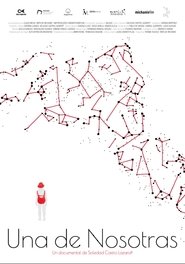 For more than forty years Belela...
For more than forty years Belela...Una de nosotras 2019
For more than forty years, Belela Herrera has dedicated her life to saving that of others. The politically persecuted, those displaced by civil wars, and the world's refugees are her concern and vocation. Her story is also that of a woman who defined herself and twisted the destiny reserved for girls of her social class: marrying to a man from high society, having a large family and a comfortable and elegant existence . And it is also the story of a female legacy that is part and consequence of the invisible resistance of thousands of women.
 Joan Manuel Serrat fled to Mexico...
Joan Manuel Serrat fled to Mexico...Serrat & Sabina: Two for the Road 2013
Joan Manuel Serrat fled to Mexico when Franco ordered his persecution. In Argentina and Chile, his commitment against military regimes is still remembered. Joaquín Sabina arrived later. His poetry bewitched the audience. In Argentina, he is a tango singer as much as a rocker; in Mexico, the mariachis sing their songs. The former is a symbol, a venerated figure; the latter is a “cuate,” as they say in Mexico, a buddy with whom you can always count.
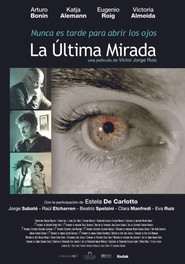 An Argentinean born Spaniard writer and...
An Argentinean born Spaniard writer and...The Last Look 2011
An Argentinean born Spaniard, writer and journalist, whose parents were tortured and murdered during the Military Coup, returns to finish a novel about them, with the ambiguous determination to get even with their murderer, a former Sheriff who lives nearby in Patagonia. He and the Sheriff's daughter fall in love. He takes DNA samples of the Girl's family and realizes the truth; she is not their daughter, which means she might have been abducted from her murdered parents. He indirectly feeds her mistrust. The girl travels to Buenos Aires to investigate. She finds out the truth and faces her father, who avows never agreeing on saving those children. On her question, "Who am I?" he says she is a mistake and that she is alive thanks to his decision. It is her who ultimately solves the Writer's conflict in a tragical showdown with the Sheriff.
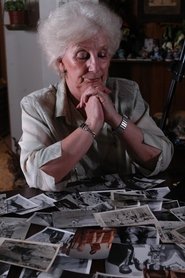 Documentary about Estela de Carlotto President...
Documentary about Estela de Carlotto President...Estela 2009
Documentary about Estela de Carlotto, President of the Grandmothers of Plaza de Mayo, who in her home, amidst a few photos and many memories, reconstructs her family's history for her grandson, Guido. She speaks, looking into the camera and addressing her grandson directly. He has yet to recover his true identity and should have turned 33 this year. She tells him about his parents' lives and her own life, as if assuring him that even if he never sees it, he will have the chance to relive his story, just as she would have liked to tell it to him.
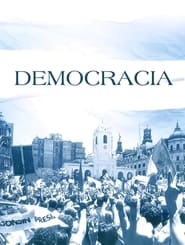 1983 After more than seven years of...
1983 After more than seven years of...Democracy 2008
1983: After more than seven years of terror, the Argentineans recover the democracy. The reconstruction of a climate of time and an event that marked a point of break not only in the policy but in the culture and the arts of Argentina
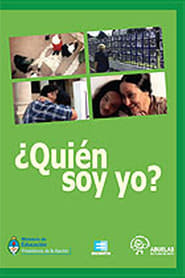 The documentary directed by Estela Bravo...
The documentary directed by Estela Bravo...¿Quién soy yo? 2007
The documentary directed by Estela Bravo collects the story of girls, boys and young people who were able to recover their true identity thanks to the struggle of the Grandmothers of Plaza de Mayo. The documentary gives an account of the tireless task undertaken by Estela de Carlotto in the search for the stolen granddaughters and grandsons, as well as to reveal the true story of the horror perpetuated by the last civic-military dictatorship in Argentina.
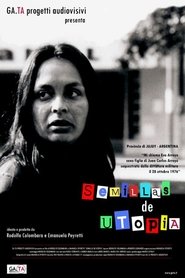 This documentary focuses on a story...
This documentary focuses on a story...Semillas de utopía 2006
This documentary focuses on a story that is at the same time all stories: that of Eva, daughter of Juan Carlos Arroyo, one of the 30,000 disappeared detainees of the last dictatorship. Eva is one of the strongest activists in the H.I.J.O.S. organization, and through her and her sister's and mother's stories, the film addresses human rights, clandestinity, uprooting, and exile. The film recovers the dreams of a generation, which resurface in the activism of their sons and daughters, central participants in the demands for memory, truth, and justice—demands that articulate with new social struggles.
